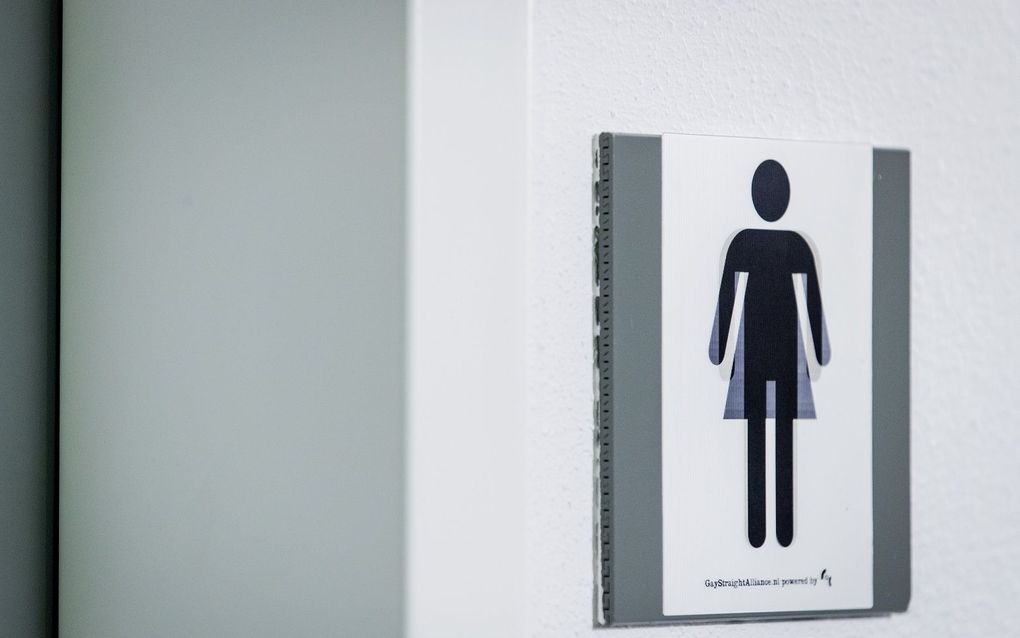Dutch pupil association publishes inclusive language guide for schools

The Dutch Ministry of Education, Culture and Science was one of the first to introduce gender neutral restrooms. Photo ANP, Robin van Lonkhuijsen
Western Europe
The Dutch pupil association LAKS wants to make schools more inclusive. Therefore, it published a new guide with suggestions for inclusive language in the classroom on Wednesday.
The goal of the new guide is to end the use of "undesirable and separative terms" like boys and girls", the Dutch daily Algemeen Dagblad reports. LAKS states that it wants to "contribute to a more inclusive school climate in which each student is equal."
Neutral
If it is up to LAKS, greeting students with "Good morning, boys and girls" should be done and over with. Instead, teachers should say, "Good morning, students", the association proposes. In addition, they should refer to students with the term "that student" instead of he or she. Furthermore, teachers should not divide the class into groups for group assignments according to gender, LAKS suggests.
And if teachers talk about different jobs in their lessons, they should not use the male or female version of an employee but attempt to make the terms as neutral as possible.
Other measures that can make a school more gender neutral are the registration of gender on student cards, which should include the possibility of an X in addition to M or F, LAKS writes in the language guide. And is it really necessary to register gender anyways, the association wonders.
Power
The language guide has no legal power, LAKS board member Cylus Kawesi (18) says. Instead, it is more like a list with tips for more inclusive language in schools and society, he points out. "We don't cancel anything, but we suggest using precise language to confront issues. We must dare to talk about a change in language so that we can come to progressive insights together."
At the same time, there is a lot of criticism of the new guide. Politicians from the left and the right speak about exaggerations and call LAKS a language police, the Dutch daily AD writes. Labour politician Myrthe Hilkens pointed out that it would be nice if schools could provide their students with a stable schedule that lasts longer than a week. "Or if teachers who do manage keep doing so, if comprehensive reading would get more attention so that pupils are prepared for their next study."
Related Articles








